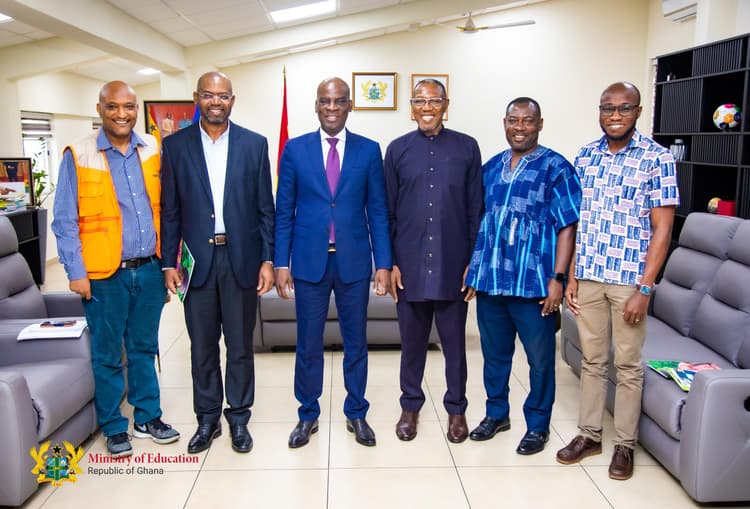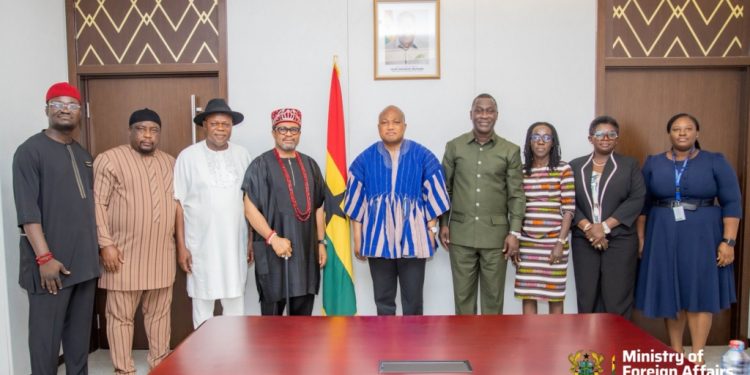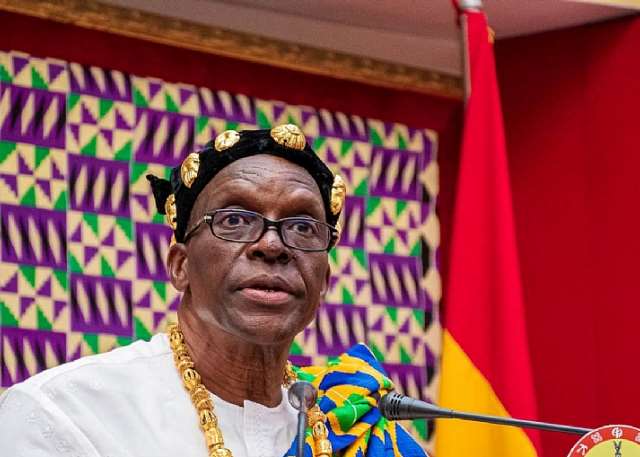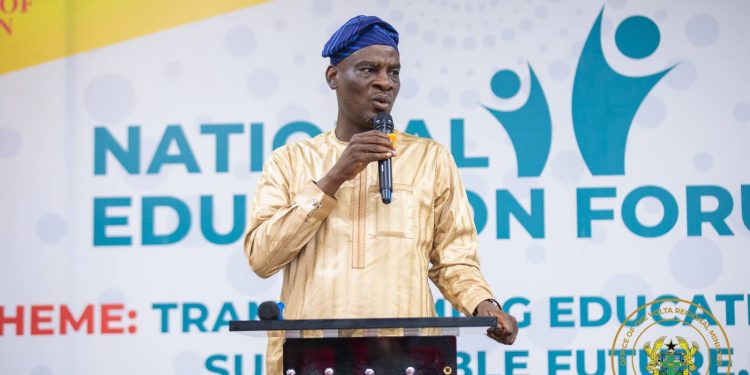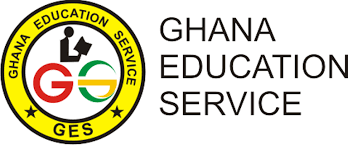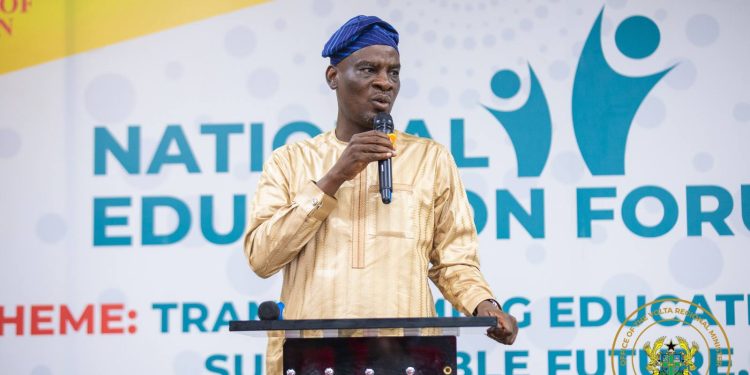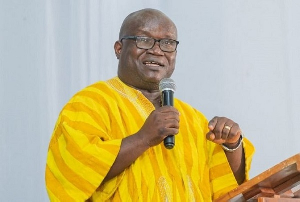Ghana’s Ministry of Education is set to expand its collaboration with World Vision Ghana, aiming to enhance child protection, promote inclusive education, and address persistent infrastructure challenges across the country’s school system.
The renewed partnership was discussed during a courtesy visit by a World Vision Ghana delegation, led by National Director Jean-Claude Mukadi, to Education Minister Haruna Iddrisu in Accra on July 17. The discussions focused on a range of pressing educational priorities, including online child safety, technical and vocational training, and school sanitation.
Minister Iddrisu commended World Vision for its contributions to Ghana’s development over the past 45 years, particularly in underserved communities. He emphasized the need for 21st-century education to be not only inclusive and skills-driven but also safe—both in physical and digital environments.
“We want to work with World Vision to promote child online protection and responsible mobile phone usage among students,” Mr. Iddrisu said, adding that the Ministry is also seeking technical support in strengthening Technical and Vocational Education and Training (TVET). “If we are to tackle youth unemployment, we must invest in equipping TVET institutions to meet labor market demands.”
Mr. Mukadi welcomed the call for deeper collaboration and reiterated World Vision’s commitment to supporting the Ministry’s reform agenda. The organization pledged support for developing a national digital education policy and addressing infrastructure gaps such as classroom furniture and sanitation facilities.
Among the key initiatives highlighted was World Vision’s pledge to assist with the Ministry’s sanitary pad project and the construction of gender-sensitive changing rooms in schools—measures aimed at improving menstrual hygiene and reducing absenteeism among adolescent girls.
The partnership aligns with World Vision Ghana’s broader strategic focus, which includes education, health and nutrition, WASH (Water, Sanitation and Hygiene), livelihoods, faith and development, and disaster risk reduction.
Both parties expressed optimism that the strengthened collaboration would deliver measurable improvements in access to safe, equitable, and well-equipped learning environments for Ghanaian children.



